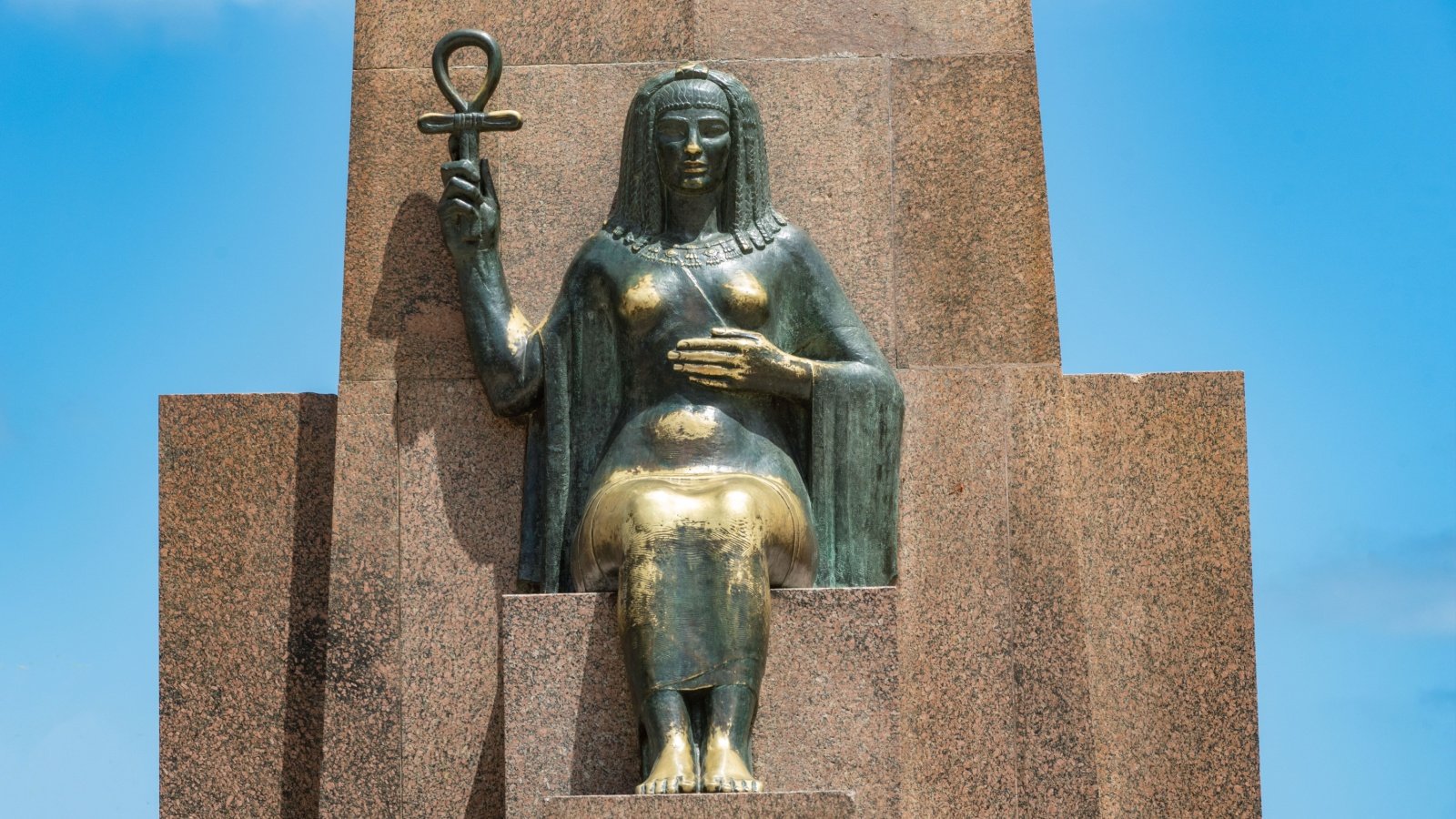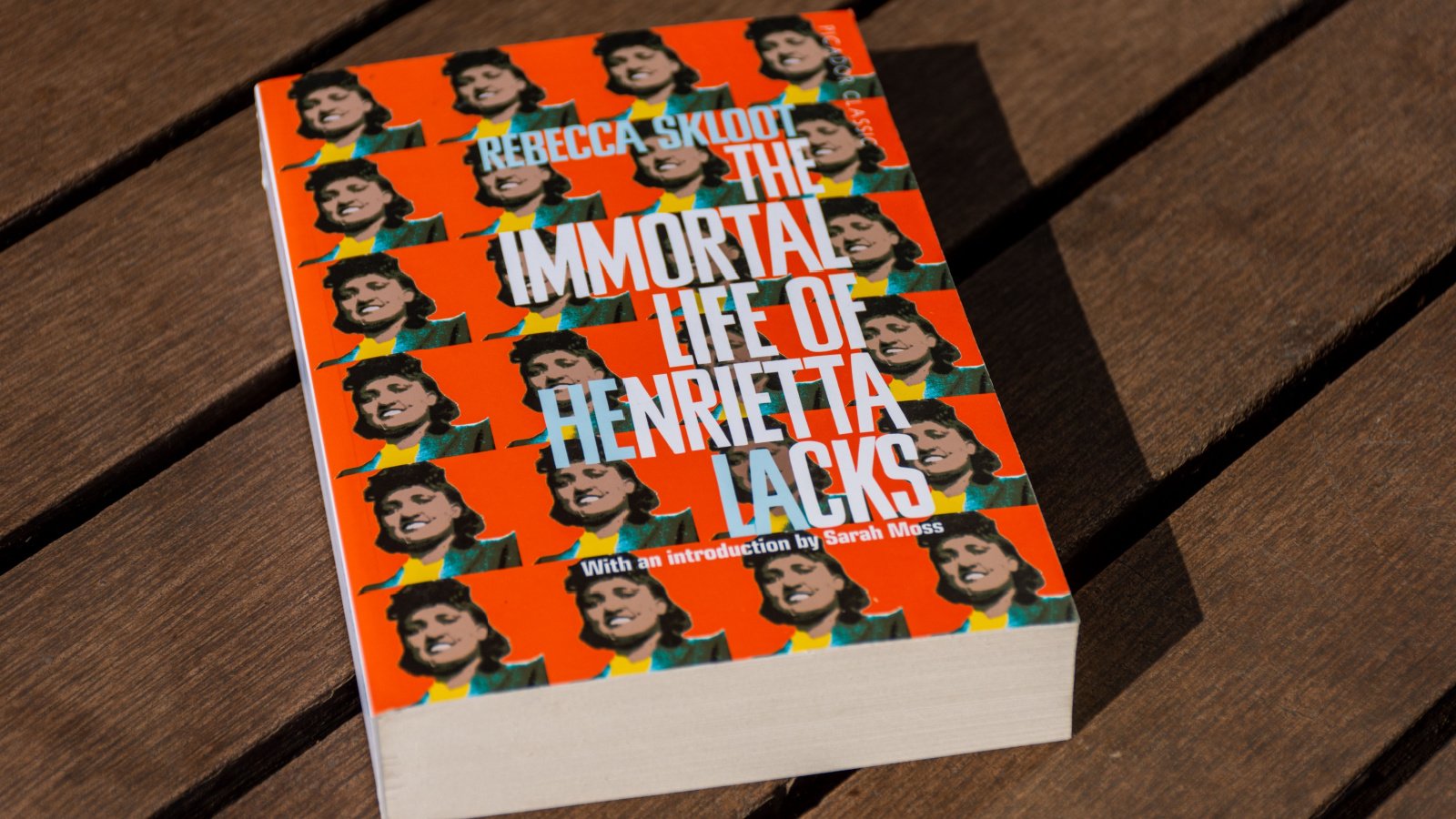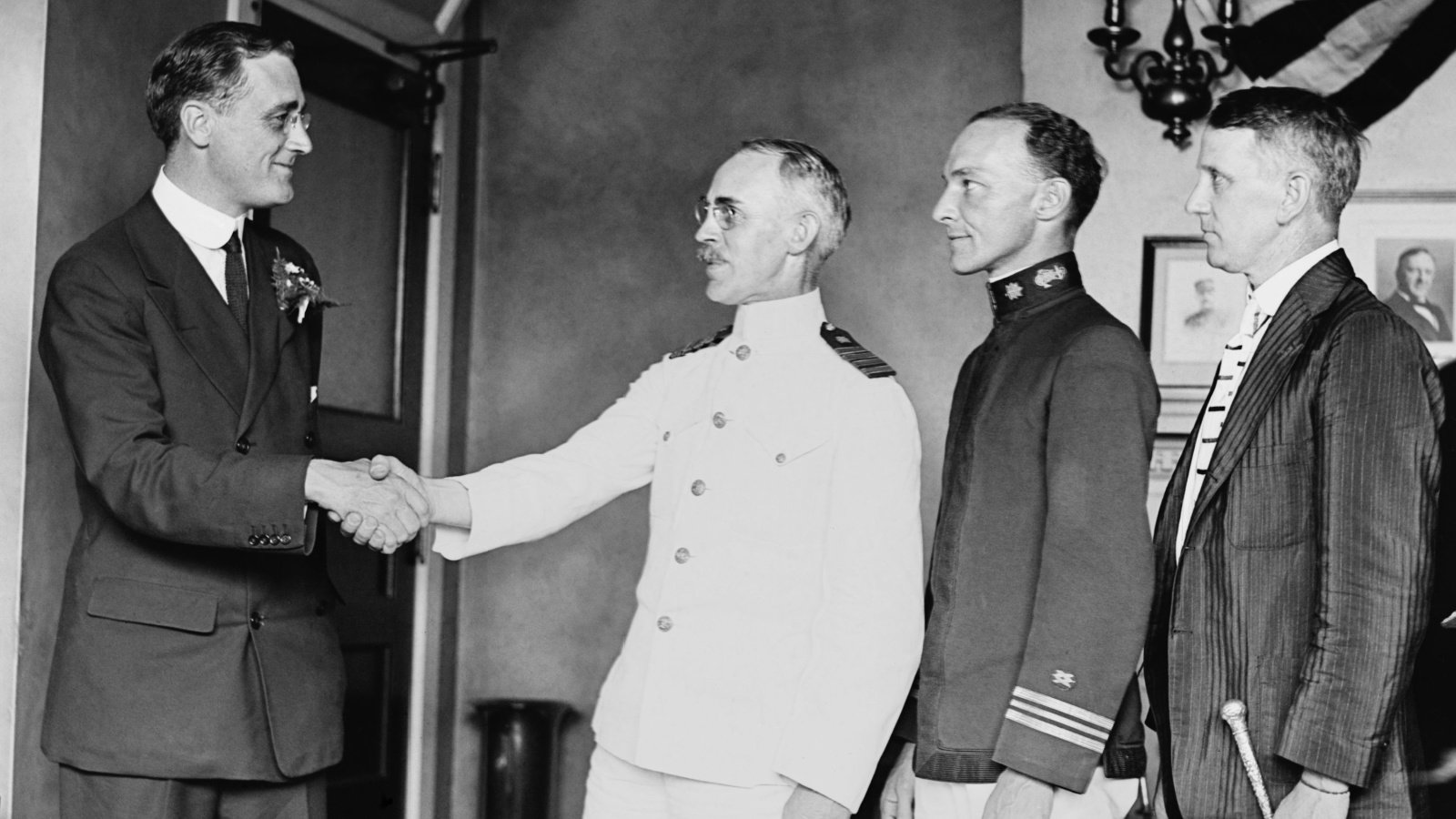History is filled with remarkable individuals whose contributions have been overshadowed or forgotten. These figures, from scientists to revolutionaries, made significant impacts that deserve recognition.
By revisiting their stories, we can better appreciate their influence on our world today.
Here is an extensive list of the historical figures who have been unfairly forgotten and the lasting legacies they left behind.
Hypatia of Alexandria

Hypatia was a renowned mathematician, astronomer, and philosopher in ancient Alexandria. As one of the first female scholars, her contributions to science and philosophy were groundbreaking. Tragically, her murder by a mob in 415 AD overshadowed her intellectual achievements, leading to her being largely forgotten by history.
Nellie Bly

Nellie Bly was a trailblazing investigative journalist who exposed conditions in mental asylums and traveled around the world in 72 days. Her fearless reporting brought about significant social reforms. Yet, her legacy is not as widely recognized as it should be, given her contributions to journalism and social justice.
Oskar Schindler

Oskar Schindler saved over 1,200 Jews during the Holocaust by employing them in his factories. His efforts were heroic and selfless, risking his life to protect others. Despite this, he remained relatively unknown until the release of the film “Schindler’s List” brought his story to a wider audience.
Alan Turing

Alan Turing, a mathematician and logician, was crucial in breaking the German Enigma code during World War II, significantly aiding the Allied war effort. His work laid the foundations for modern computing. Despite his contributions, he was persecuted for his homosexuality and died in obscurity.
Ignaz Semmelweis

Ignaz Semmelweis, a Hungarian physician, discovered the importance of handwashing in preventing infections. His advocacy for antiseptic procedures significantly reduced maternal mortality rates. Despite his groundbreaking work, he faced ridicule from his peers and was largely forgotten until years later.
Sybil Ludington

Sybil Ludington, a teenage girl, played a crucial role in the American Revolutionary War. At just 16, she rode 40 miles at night to alert colonial forces of an impending British attack, a ride longer than Paul Revere’s. Her bravery remains underappreciated in popular historical narratives.
Ada Lovelace

Ada Lovelace, often considered the first computer programmer, worked on Charles Babbage’s early mechanical general-purpose computer, the Analytical Engine. She envisioned applications beyond pure calculation, laying the foundation for modern computing. Despite her contributions, her legacy was overshadowed for many years by her male counterparts.
Chien-Shiung Wu

Chien-Shiung Wu was a Chinese-American physicist whose work was critical in disproving the law of conservation of parity. Her contributions to the Manhattan Project and her groundbreaking experiments earned her the nickname “First Lady of Physics.” However, her male colleagues received the Nobel Prize for work based on her findings, overshadowing her achievements.
Nikola Tesla

Nikola Tesla, an inventor and electrical engineer, made revolutionary contributions to alternating current (AC) electricity and wireless communication. Despite his numerous patents and innovations, he struggled financially and died in relative obscurity. Tesla’s legacy has only recently begun to receive the recognition it deserves.
Rosalind Franklin

Rosalind Franklin played a critical role in discovering the double-helix structure of DNA through her X-ray diffraction images. Her data was used by Watson and Crick to develop their famous DNA model, yet she received little credit. It took decades for her contributions to be acknowledged posthumously.
Toussaint Louverture

Toussaint Louverture was a leader of the Haitian Revolution, which led to the abolition of slavery and Haiti’s independence from France. His strategic brilliance and leadership were instrumental in the success of the revolution. Despite his significant impact, he is often overlooked in the broader context of revolutionary history.
Mary Anning

Mary Anning was a pioneering paleontologist whose fossil discoveries contributed to significant advances in the understanding of prehistoric life. Despite her lack of formal education, she made groundbreaking contributions to the field. Her work was often credited to male geologists, leading to her being unfairly forgotten.
Hatshepsut

Hatshepsut was one of the few female pharaohs of ancient Egypt who led the nation to unprecedented prosperity. She established trade networks and undertook ambitious building projects. Her successors tried to erase her from history, resulting in her accomplishments being largely forgotten for centuries.
Percy Julian

Percy Julian was a pioneering African American chemist whose work led to the development of numerous pharmaceuticals. Despite facing significant racial discrimination, his research contributed to breakthroughs in medicine. His achievements were often overshadowed by those of his contemporaries.
John Harrison

John Harrison, an English carpenter and clockmaker, invented the marine chronometer, which revolutionized navigation by allowing accurate determination of longitude at sea. Despite his groundbreaking invention, he struggled for years to receive recognition and reward from the British government.
Murasaki Shikibu

Murasaki Shikibu, a Japanese writer, is credited with writing “The Tale of Genji,” considered the world’s first novel. Her work provides a detailed depiction of court life in Heian Japan. Despite her significant literary contributions, she remains relatively unknown outside of Japan.
Harriet Quimby

Harriet Quimby was the first American woman to earn a pilot’s license and the first woman to fly solo across the English Channel. Despite her pioneering achievements, she did not receive the same recognition as her male counterparts. Her contributions to aviation were largely forgotten until recently.
Joshua Norton

Joshua Norton, self-declared “Emperor of the United States,” was a beloved eccentric in 19th-century San Francisco. Despite his lack of formal power, he issued decrees that were humorously respected by the local community. His life offers a fascinating glimpse into the social fabric of the time, though he is often overlooked in history.
Alice Ball

Alice Ball was an African American chemist who developed the first effective treatment for leprosy. Her work saved countless lives, yet she received little recognition during her lifetime. Only recently has her contribution to medicine begun to be acknowledged and celebrated.
Bessie Coleman

Bessie Coleman was the first African American woman to hold a pilot’s license. Despite facing racial and gender discrimination, she trained in France and became a celebrated stunt pilot. Her pioneering spirit paved the way for future generations, yet her story is often overshadowed by other aviation legends.
Hedy Lamarr

Hedy Lamarr was not just a glamorous Hollywood actress but also an ingenious inventor. She co-developed a frequency-hopping technology during World War II that laid the groundwork for modern wireless communication. Unfortunately, her scientific contributions were overshadowed by her acting career.
Noor Inayat Khan

Noor Inayat Khan was a British spy in World War II who operated behind enemy lines in Nazi-occupied France. Despite being captured and executed, she never revealed any information to the enemy. Her bravery and sacrifice were not widely acknowledged until many years later.
Henrietta Lacks

Henrietta Lacks was an African American woman whose cancer cells, taken without her knowledge, became the first immortal human cell line. These cells have been crucial in numerous medical breakthroughs. Her story raises important ethical questions and highlights the need for recognition of her unintentional contribution to science.








